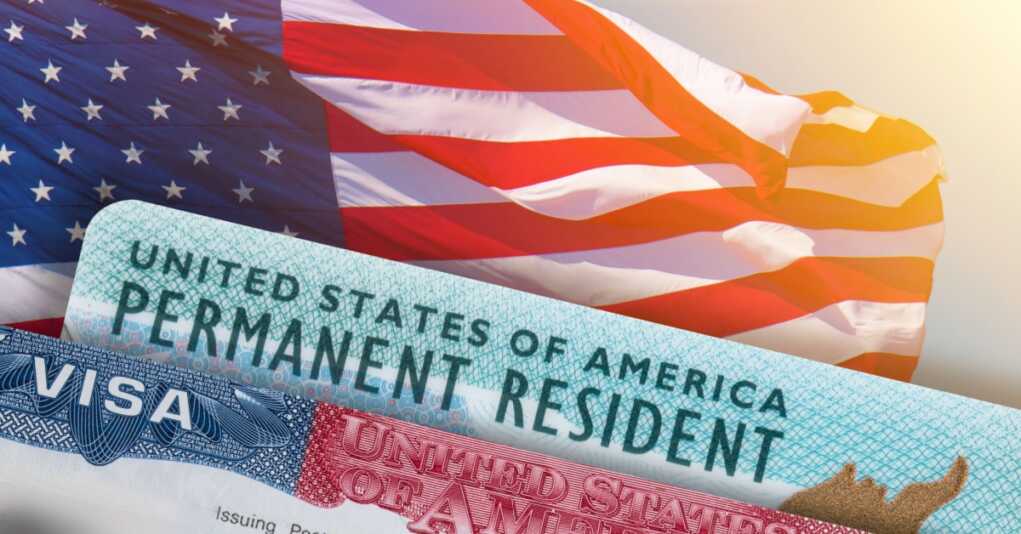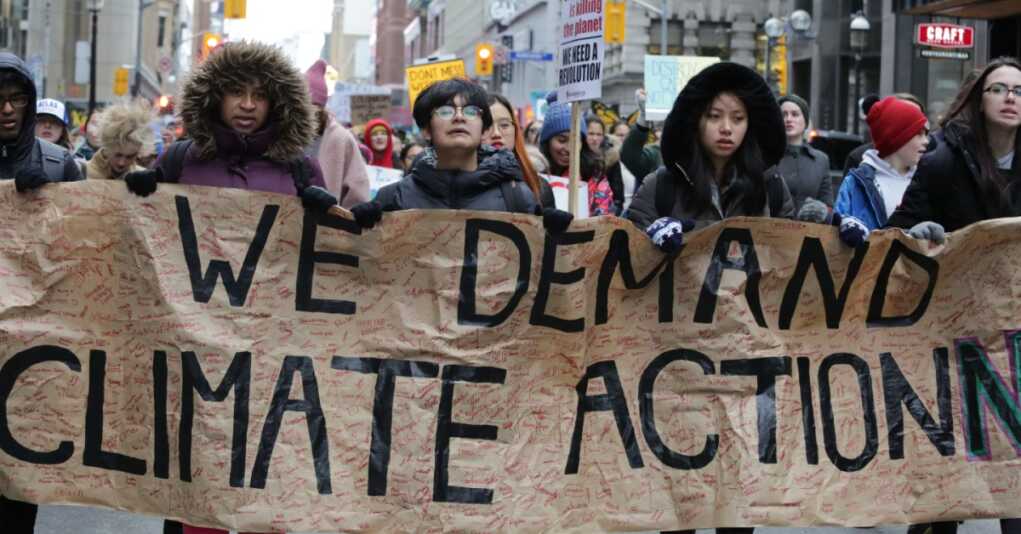Republicans Take on HHS: Show Us the Science or Stop the Surgeries
ADragan / shutterstock.comIt’s about time someone pumped the brakes on the Biden administration’s reckless push for gender transition procedures on minors. With the clock ticking on Biden’s tenure, Republican lawmakers are finally stepping in to ask the tough questions no one else seems willing to. They’re calling on the Department of Health and Human Services (HHS) to […]
Gay Activist Couple Sentenced to 100 Years in Prison for Raping Their Adopted Kids
Skrypnykov Dmytro / shutterstock.comTwo wealthy gay activists have been sentenced to 100 years in prison for raping and pimping out their adopted special needs children to a ring of pedophiles in the Atlanta, GA area. Their palatial Georgian-style mansion was described as a “house of horrors” during the trial because of the rampant sexual abuse of the children […]
Age Against the Machine: Researchers Alarmed After AI Models Begin Failing Cognitive Tests
IrenaR / shutterstock.comA team of neurologists has put every major artificial intelligence (AI) chatbot through a series of cognitive tests and came up with surprising results. Every one of the top large language models (LLMs) is showing signs of dementia. The results of the researchers’ findings were published in the December issue of The BMJ. The discovery […]
Trump May Ban the Most Popular Chinese Internet Router in Millions of American Homes
Casezy idea / shutterstock.comOne of the most popular internet routers in the United States could be banned during the early months of the incoming Trump administration. TP-Link routers are made in China and they are the reigning number-one seller on Amazon. More than 65% of homes and small businesses in America rely on these routers for their Wi-Fi. […]
California Gov. Gavin Newsom Declares State of Emergency Over One Lonely Case of Bird Flu
Sheila Fitzgerald / shutterstock.comNo governor in any state received more of a sexual thrill from their emergency pandemic powers than California’s Gavin Newsom. “Ten Days to Slow the Spread” in California turned into a ten-month lockdown. Suicides skyrocketed among black people, women, and young Californians in the 20 to 29 age bracket thanks to Newsom’s COVID policies as […]
Preemptive Pardons: A Constitutional Safeguard or a Slippery Slope?
alexkich / shutterstock.comPresident Joe Biden is staring down a constitutional dilemma that could reshape American politics: Should he use his presidential pardon power to preemptively shield political figures from potential retaliation by President-elect Donald Trump? While Biden has the legal authority to issue such pardons, the real question is whether it’s a smart move or a dangerous […]
World War III: Biden Launches More Bombs in Syria & Yemen Without Congressional Approval
Jag_cz / shutterstock.comJoe Biden will only be in office for less than a month by the time you read this. His political career has come to an ignominious end and he’s dying from old age and Alzheimer’s. He has nothing left to lose, so he seems determined to start World War III before the door hits him […]
Why You Need to Do Your Homework Before Investing in the Stock Market
Shutterstock.comThe stock market can be a gold mine or a minefield, depending on how prepared you are. Let’s face it—investing isn’t just about luck or “following your gut.” It’s about understanding trends, timing, and making informed decisions. Yet so many Americans dive in headfirst, armed with little more than a tip from their neighbor or […]
It Costs Five Bucks to Take a Shower in Sweden as Green Energy Prices Skyrocket
Cloudy Design / shutterstock.comIf you want to know what the future would look like under the Green New Deal, look no further than Europe this winter. The massive wind farms being set up to make the EU uglier and dirtier are failing to produce enough electricity to keep the lights and heat on. Just how bad is the […]
Breathing Indoors Is Risky but Not as Risky as Relying on the EPA for Help
RossHelen / shutterstock.comAh, air purifiers—the latest gadget people bought in droves to “save the world” during the pandemic. Now, it seems they’re doing double duty to keep dust bunnies and allergens at bay while politicians try to prove they’re on top of indoor air pollution. Never mind the media pushing panic about wildfires and COVID; the real […]
Tech Gurus Line up to Kiss the Ring Before Donald Trump’s Inauguration
Frederic Legrand - COMEO / shutterstock.comAn odd thing has happened now that Donald Trump has won reelection with a huge popular vote mandate. Tech CEOs who did everything they could to censor the president-elect and his supporters, up to and including helping to rig the 2020 election, are now sucking up to their nemesis. Meta CEO Mark Zuckerberg has just […]
Supreme Court Rules Federal Judges Cannot Overturn Visa Revocations
Artiom Photo / shutterstock.comThe Supreme Court has issued a unanimous ruling that will be a tremendous help as the Trump administration seeks to remove millions of illegal aliens. The high court has ruled that no lower federal courts can review an executive branch agency’s decision to revoke an immigration visa. If the Department of Homeland Security decides to […]
Canada’s Latest Climate Goal: Saving the Planet, One Maple Leaf at a Time
Ramona Diaconescu / shutterstock.comCanada, our polite neighbor to the north, has once again decided to lead the charge in saving the planet. Their latest ambitious climate goal? To reduce greenhouse gas emissions by 45-50% below 2005 levels by 2035. Yes, you heard that right—Justin Trudeau’s government wants to slash emissions in less than a dozen years, and they’re […]
National Constitutional Carry Bill Introduced in Congress
Anatoly Vartanov / shutterstock.comCongressman Thomas Massie (R-KY) has introduced a bill to make “constitutional carry” legal in all 50 states. Given that Republicans will control both the House and Senate as well as the White House starting in January, there has never been a better opportunity to try to restore the Second Amendment in the United States. As […]
Brit Consumers Boycott Milk Infused with Bill Gates’s Anti-Cow-Farting Chemicals
Romo Lomo / shutterstock.comThe public in Great Britain is infuriated after learning that Bill Gates has been feeding cows with chemicals to make them fart 27% less. The problem—other than the fact that that is CRAZY—is that the chemicals are known to be harmful to humans. A massive boycott of the UK’s largest milk producer is underway and […]
















